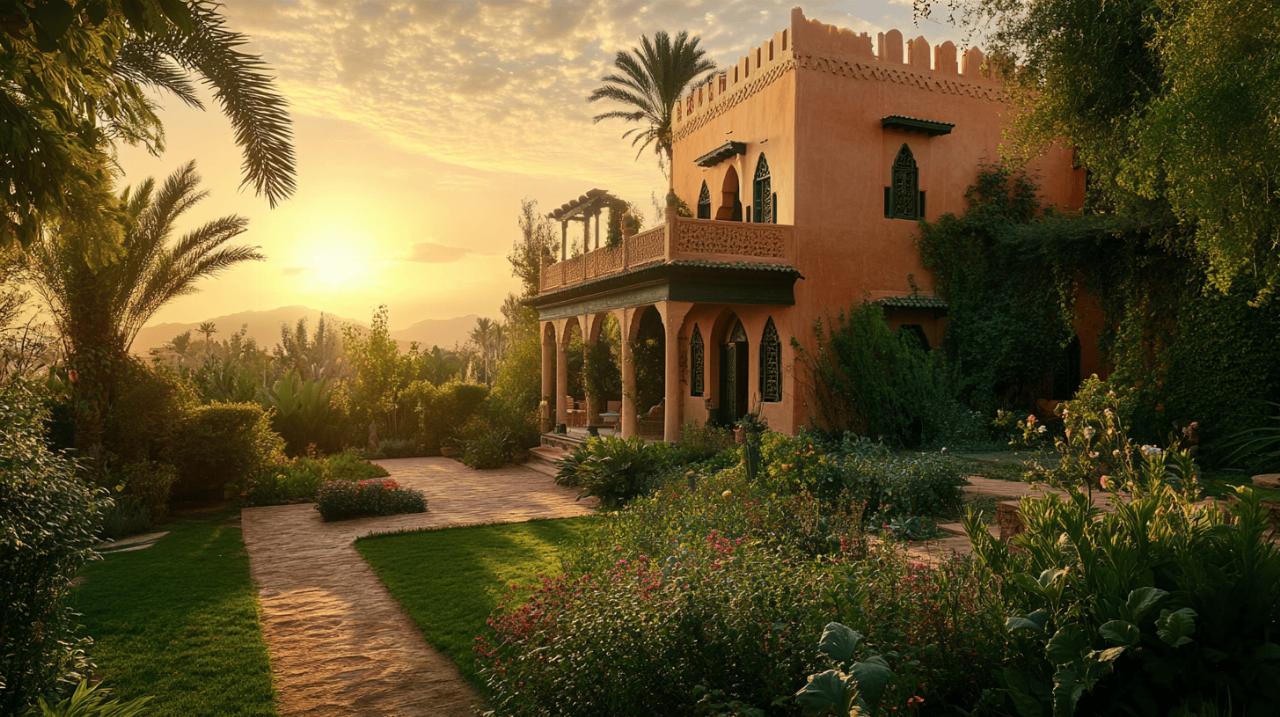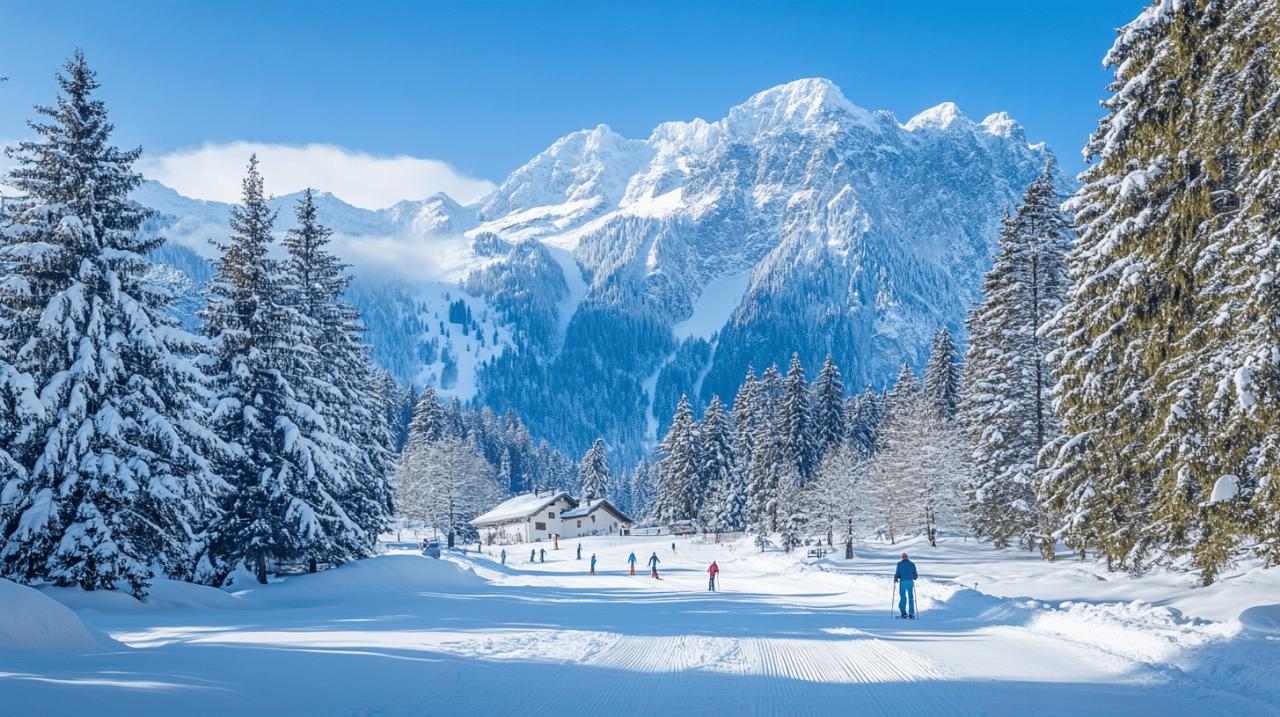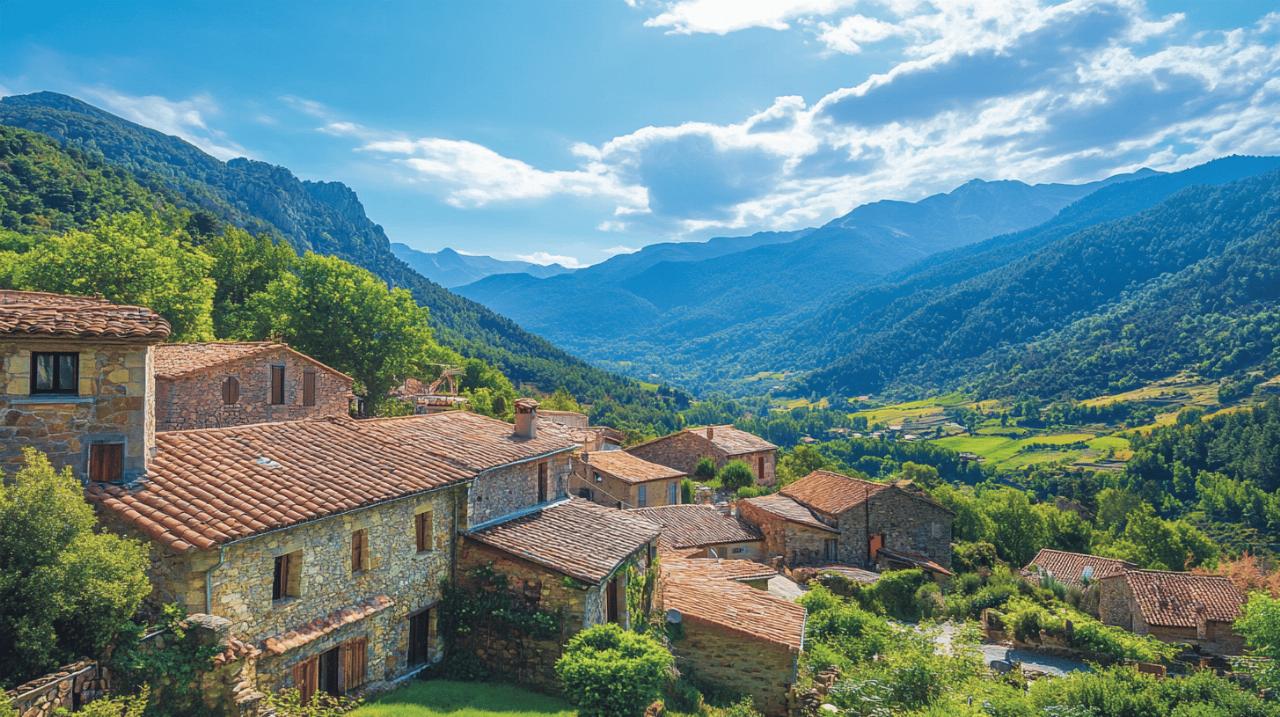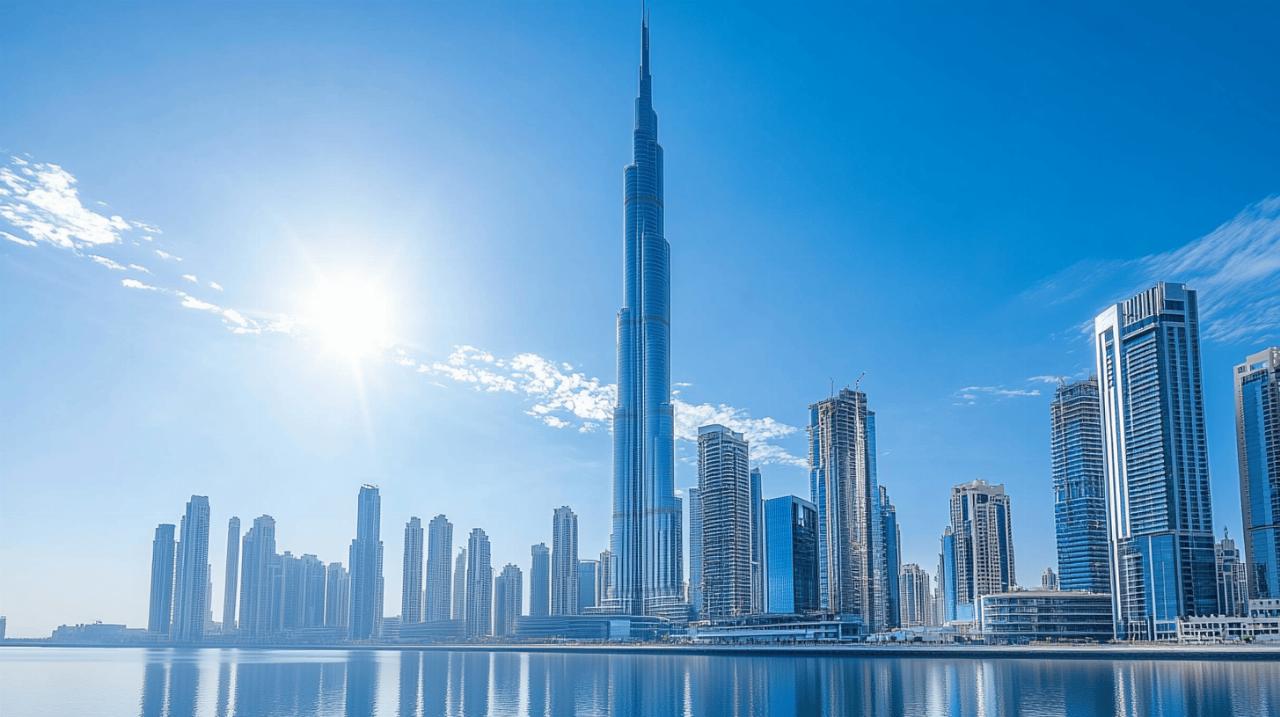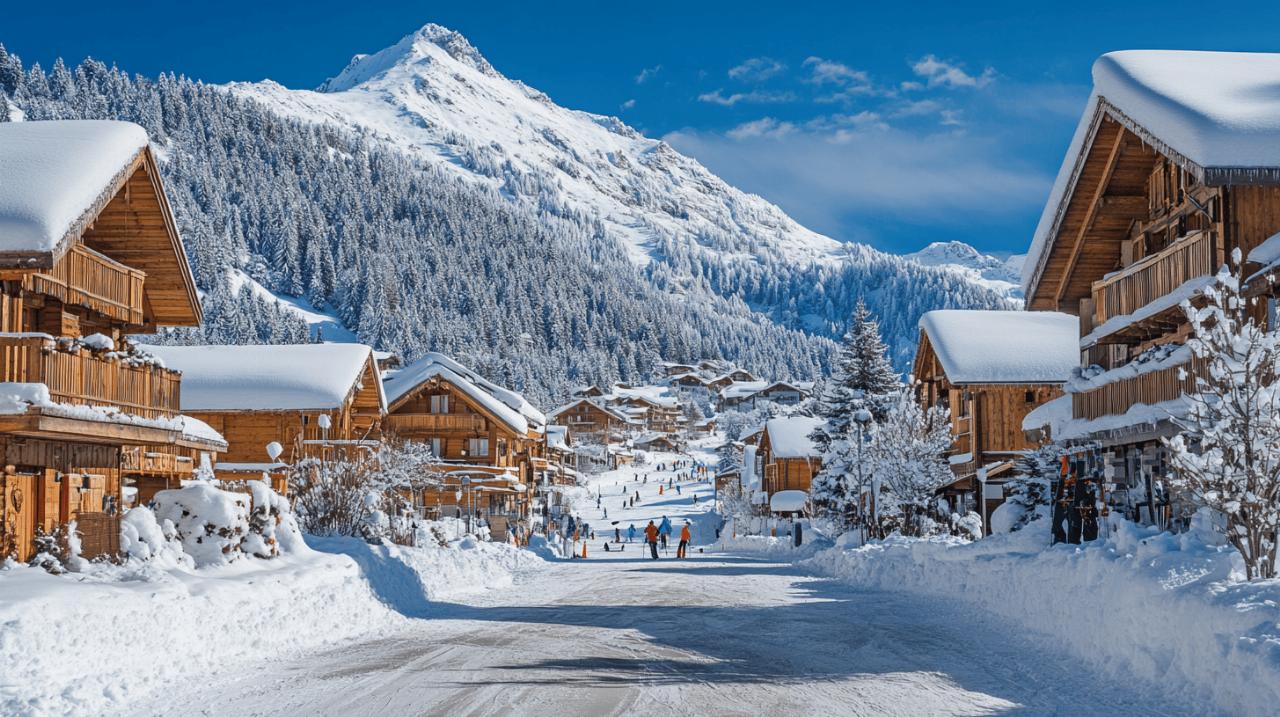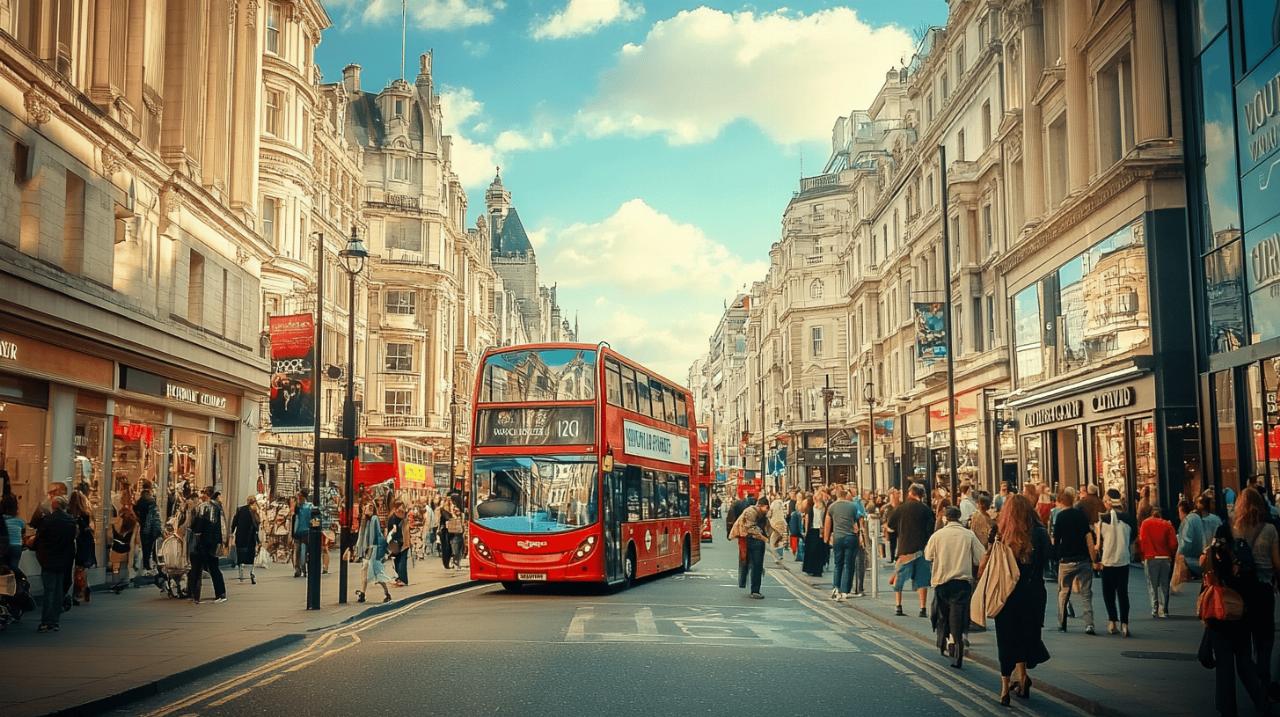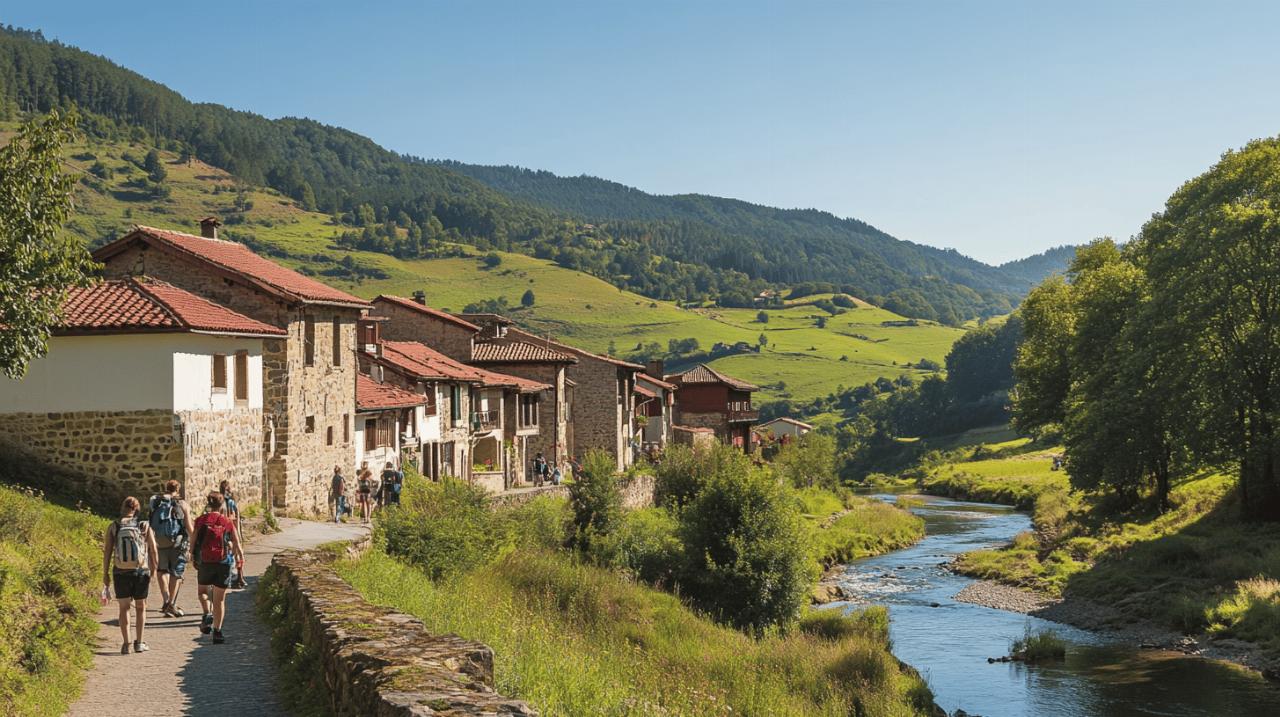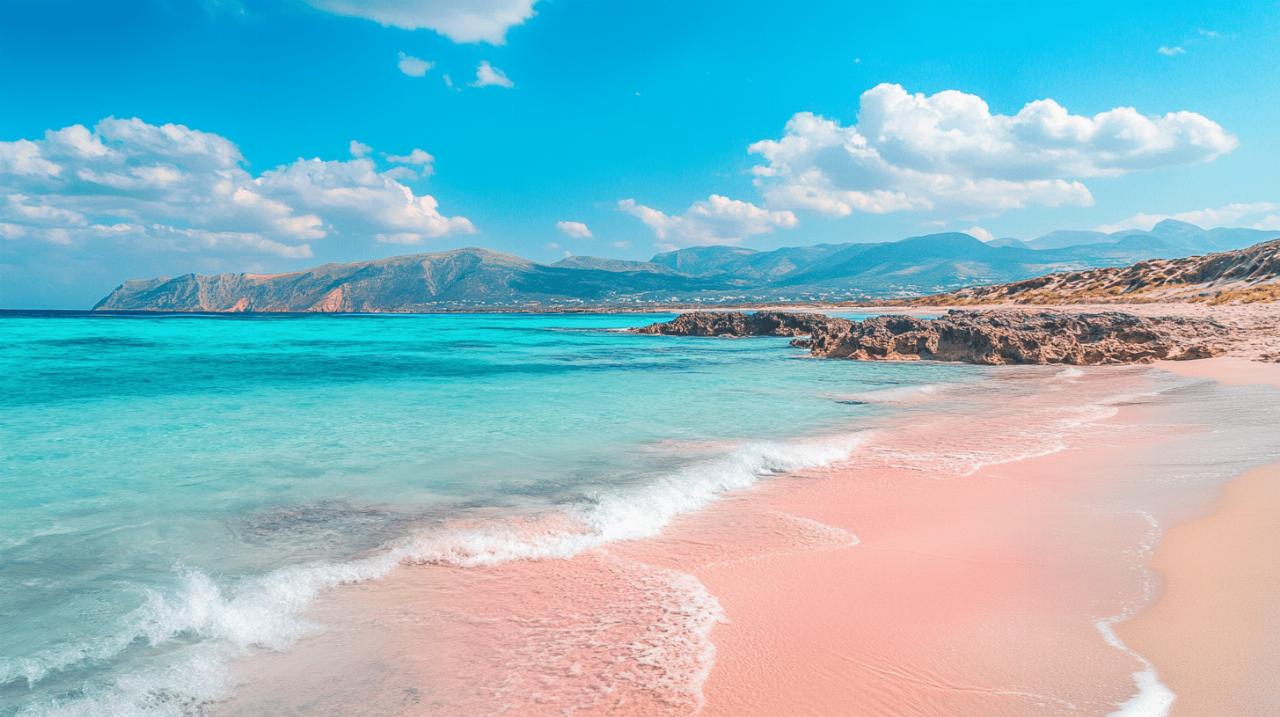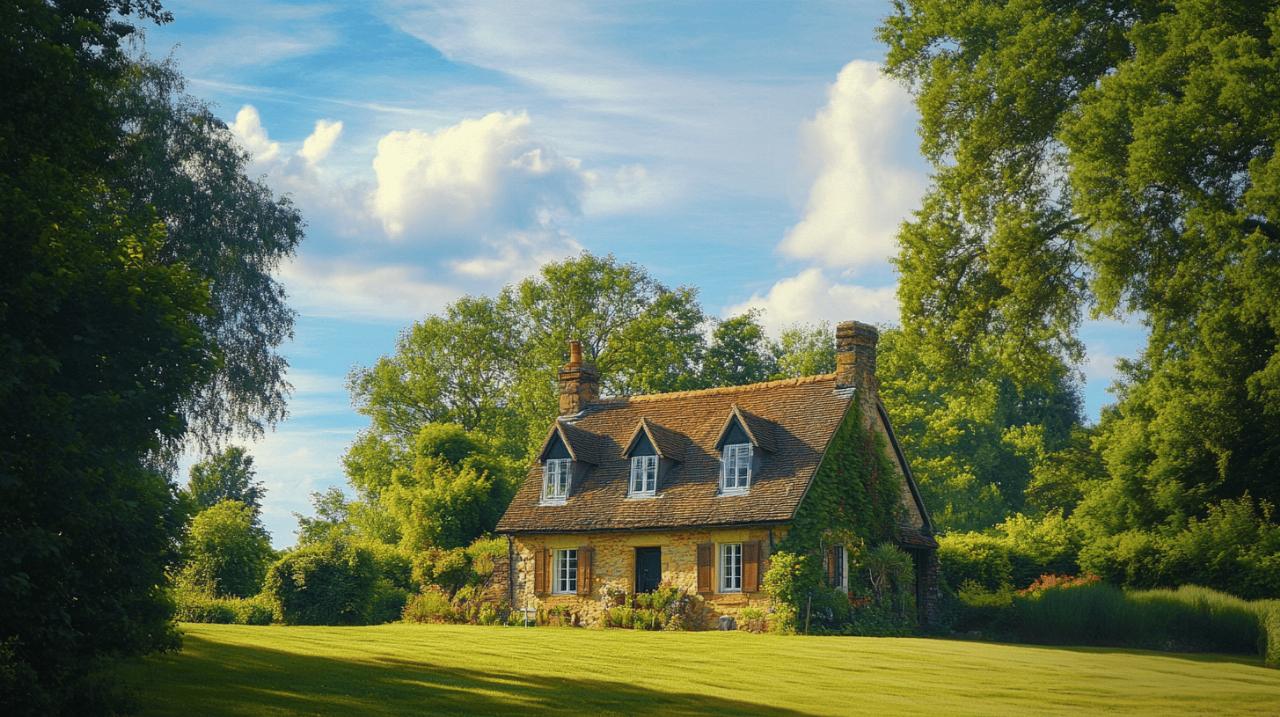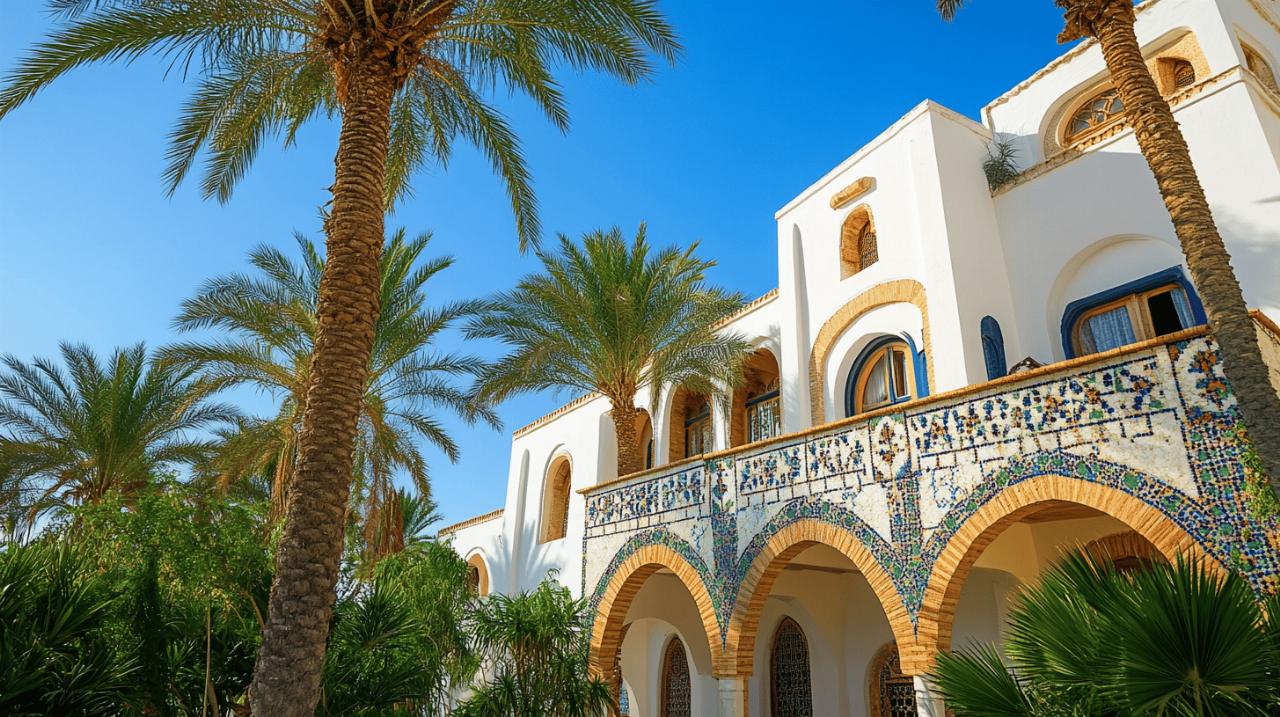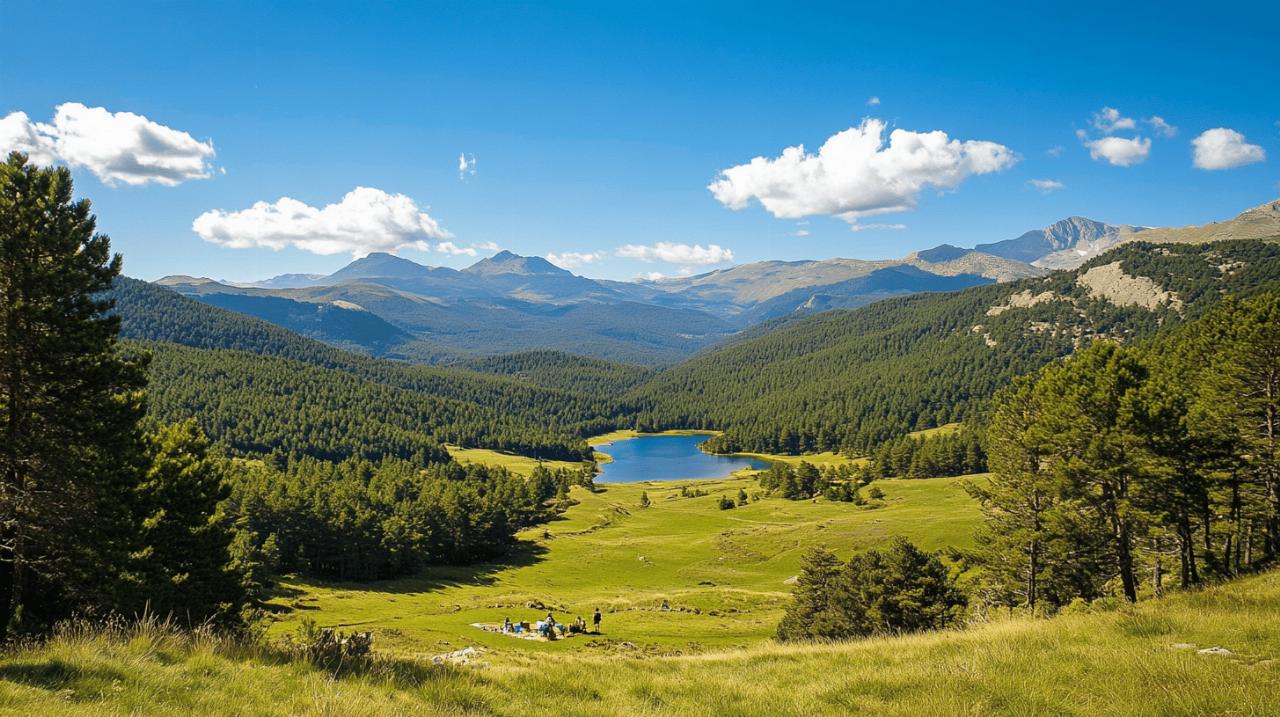Acquiring a second property abroad has become an increasingly popular choice for those seeking investment opportunities, holiday retreats, or a combination of both. Morocco, with its vibrant culture and appealing climate, has emerged as a prime destination for international buyers, particularly from the United Kingdom. The allure of cities like Marrakech and Agadir is undeniable, offering a blend of historical charm and modern amenities. However, understanding the financial landscape, from initial purchase costs to ongoing responsibilities, is essential for making an informed decision. This article provides a comprehensive guide to the expenses and processes involved in owning a second home in Morocco, while also highlighting the differences from UK property market standards.
Understanding the Initial Investment: Property Prices in Marrakech and Agadir
Current market rates and property types available
The Moroccan property market has shown a trend towards stabilisation in recent years, with prices in major urban centres reaching a point of equilibrium. Marrakech, known for its bustling medina and rich cultural heritage, remains a top choice for buyers seeking a blend of tradition and modernity. Properties in this city range from traditional riads nestled within the old town to contemporary villas in gated communities on the outskirts. Agadir, on the other hand, appeals to those drawn to coastal living, with its sandy beaches and year-round sunshine. The demand for property in these areas reflects a broader interest in coastal towns and secure residential developments across Morocco. As the market continues to evolve, buyers can also explore emerging sectors such as eco-friendly real estate, coliving spaces, and opportunities within residential tourism. These trends indicate a dynamic market that caters to a variety of preferences and investment strategies.
Estate Agent Fees and Legal Costs to Anticipate
When budgeting for a property purchase in Morocco, it is crucial to account for additional costs beyond the sale price. Agency fees are typically around three percent of the purchase price, excluding value-added tax, which is levied at twenty percent on real estate services. This is a notable consideration for buyers accustomed to UK property transactions, where estate agent fees are often borne by the seller. Legal and administrative expenses also form a significant part of the overall expenditure. Notary and registration fees generally amount to approximately six to seven percent of the sale price, covering the formalisation of the deed of sale and the registration of ownership with the land registry. A registration duty of six percent is standard, alongside legal fees that range from one to five percent plus ten percent VAT. Additional charges include a one percent stamp duty, notary fees of around half a percent to one percent, and a further one percent for land registry fees. Real estate agent charges typically add another two and a half percent to the total. It is advisable to budget roughly ten percent of the property price to cover these ancillary costs, ensuring there are no unexpected financial surprises during the transaction.
Ongoing financial commitments: taxes, maintenance, and service charges
Property Taxes and Annual Levies for Second Homeowners
Owning a second home in Morocco involves several ongoing financial obligations, starting with property taxes. Housing tax is a recurring annual levy that varies depending on the location and the estimated rental value of the property. In urban areas, this tax typically ranges from ten to thirty percent of the rental value, while municipal services tax is set at ten and a half percent in urban zones and six and a half percent in rural areas. These taxes are essential for maintaining local infrastructure and services, much like council tax in the United Kingdom. For those considering their property as an investment, it is important to understand the implications of capital gains tax, which applies when selling a property. The rate is twenty percent for secondary homes or if the previous owner resided in the property for more than six years, and thirty percent for properties held by companies. However, there is a tax exemption available if the property served as the main residence for at least six years, which can be a significant financial benefit for long-term owners.
Budgeting for Regular Upkeep and Essential Repairs
Beyond taxes, maintaining a property in Morocco requires careful financial planning. Regular upkeep, from routine cleaning to gardening and minor repairs, is necessary to preserve the value and appeal of the property. For those purchasing within a gated community or a residential complex, service charges may apply, covering shared amenities such as security, landscaping, and communal facilities. These charges vary widely depending on the development and the level of services provided. Essential repairs, such as plumbing, electrical work, or structural maintenance, should also be factored into the annual budget. Unlike in the UK, where established networks of tradespeople and service providers are readily accessible, managing repairs remotely in Morocco may require the assistance of a local property management company. This adds to the cost but provides peace of mind, ensuring that the property remains in good condition year-round.
Generating income: rental yields and investment potential
Short-term holiday lets versus long-term tenancies
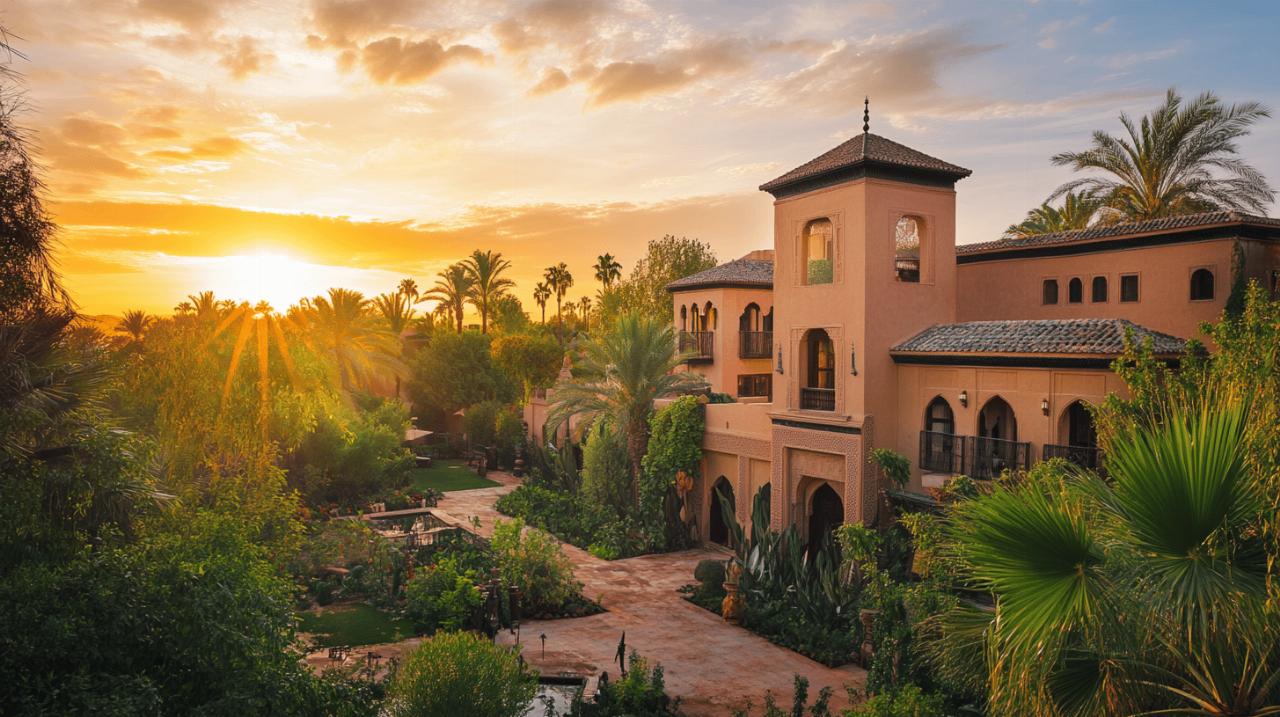 For many buyers, the prospect of generating rental income is a key motivation for purchasing a second home in Morocco. The choice between short-term holiday lets and long-term tenancies depends on individual investment goals and the level of involvement desired. Short-term holiday lets, particularly in popular tourist destinations like Marrakech and Agadir, can yield substantial returns during peak seasons. The rise of digital property platforms and virtual property tours has made it easier for owners to market their properties to international guests. However, this approach requires active management, including guest communication, property maintenance, and adherence to local regulations. Long-term tenancies offer a more stable income stream, with fewer management demands. This option is particularly attractive for those seeking a passive investment, as it provides consistent rental income without the fluctuations associated with seasonal tourism. The choice between these two models will depend on the owner's availability, resources, and investment strategy.
For many buyers, the prospect of generating rental income is a key motivation for purchasing a second home in Morocco. The choice between short-term holiday lets and long-term tenancies depends on individual investment goals and the level of involvement desired. Short-term holiday lets, particularly in popular tourist destinations like Marrakech and Agadir, can yield substantial returns during peak seasons. The rise of digital property platforms and virtual property tours has made it easier for owners to market their properties to international guests. However, this approach requires active management, including guest communication, property maintenance, and adherence to local regulations. Long-term tenancies offer a more stable income stream, with fewer management demands. This option is particularly attractive for those seeking a passive investment, as it provides consistent rental income without the fluctuations associated with seasonal tourism. The choice between these two models will depend on the owner's availability, resources, and investment strategy.
Managing your property remotely and maximising returns
Managing a property from abroad presents unique challenges, particularly for UK-based owners. Engaging a reputable property management company can alleviate many of these concerns, handling everything from tenant vetting and rent collection to maintenance and emergency repairs. While this service comes at a cost, typically a percentage of the rental income, it ensures that the property is well-maintained and that any issues are addressed promptly. To maximise returns, owners should also consider the growing interest in eco-friendly property and coliving spaces, which appeal to a modern, environmentally conscious demographic. Investing in sustainable features, such as solar panels or water-saving systems, can enhance the property's appeal and command higher rental rates. Additionally, staying informed about property market trends and leveraging global property services, such as those offered by firms like Knight Frank, can provide valuable insights into maximising investment potential.
The purchasing process: what uk buyers need to know
Navigating moroccan property law and ownership rights
Understanding the legal framework governing property ownership in Morocco is essential for UK buyers. Foreigners are permitted to own property in urban areas, which includes cities like Marrakech and Agadir. However, non-residents are prohibited from purchasing agricultural land, a restriction that differs from UK property law. Opening a Moroccan bank account is highly recommended, as it facilitates property transactions and simplifies the payment process. A notary plays a central role in the purchasing process, responsible for verifying the title deed, checking building permits and taxes, and finalising the deed transfer. It is important to note that paying a deposit does not guarantee the property will be removed from the market, a practice that may be unfamiliar to UK buyers accustomed to a more formalised reservation system. Once the deed of sale is signed in front of a notary, the buyer must register their ownership with the land registry, a process that typically takes ten to fifteen business days.
Key differences between moroccan and uk property transactions
The property transaction process in Morocco differs in several key respects from that in the United Kingdom. In the UK, estate agent fees are generally paid by the seller, whereas in Morocco, the buyer often bears this cost. Additionally, the role of the solicitor in the UK is mirrored by the notary in Morocco, who oversees the legal aspects of the transaction and ensures compliance with local regulations. The mortgage process also varies, with Moroccan lenders typically requiring a minimum deposit of thirty percent. Interest rates in 2024 are around four and a half to six and a half percent, and the maximum loan duration is twenty-five years. Debt capacity is calculated based on income, with borrowers earning under twenty thousand Moroccan dirhams able to allocate up to thirty-five percent of their income towards repayments, while those earning over forty thousand dirhams can allocate up to forty-five percent. These differences underscore the importance of thorough property research and professional advice from a real estate agent and property solicitor familiar with Moroccan law. Engaging experts who understand both Moroccan and UK property standards can help navigate the complexities of the purchasing process, ensuring a smooth and successful transaction.

